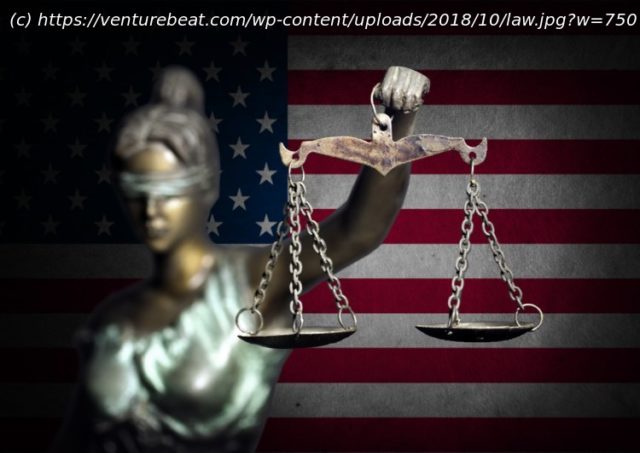Gov. Gavin Newsom’s veto of SB 1047 has been hailed by some industry veterans as good for open source innovation.
California Gov. Gavin Newsom vetoed SB 1047, the bill that many believed would change the landscape of AI development in the state and the country. The veto published on Sunday could give AI companies the ability to show they can proactively protect users from AI risks.
SB 1047 would have required AI companies to include a “kill switch” to models, implement a written safety protocol and get a third-party safety auditor before starting to train models. It would have also given California’s attorney general access to an auditor’s report and the right to sue AI developers.
Some AI industry veterans believed the bill could have a chilling effect on AI development. Many in the industry thanked Newsom for vetoing the bill, noting the veto could protect open-source development in the future. Yann Le Cun, chief AI scientist at Meta and a vocal opponent of SB 1047, posted on X (formerly Twitter) that Newsom’s decision was “sensible.”
Prominent AI investor and general manager of Andreessen Horowitz Marc Andreessen said Newsom had sided “with California Dynamism, economic growth, and freedom to compute.”
Other industry players also weighed in, citing that while they believe regulation in the AI space is necessary, it should not make it harder for smaller developers and smaller AI models to flourish.
“The core issue isn’t the AI models themselves; it’s the applications of those models,” said Mike Capone, CEO of data integration platform Qlik, in a statement sent to VentureBeat. “As Newsom pointed out, smaller models are sometimes deployed in critical decision-making roles, while larger models handle more low-risk tasks. That’s why we need to focus on the contexts and use cases of AI, rather than the technology itself.”
He added regulatory frameworks should focus on “ensuring safe and ethical usage” and supporting best AI practices.
Coursera co-founder Andrew Ng also said the veto was “pro-innovation” and would protect open-source development.
Home
United States
USA — Science California AI bill veto could allow smaller devs, models to ‘flourish’






